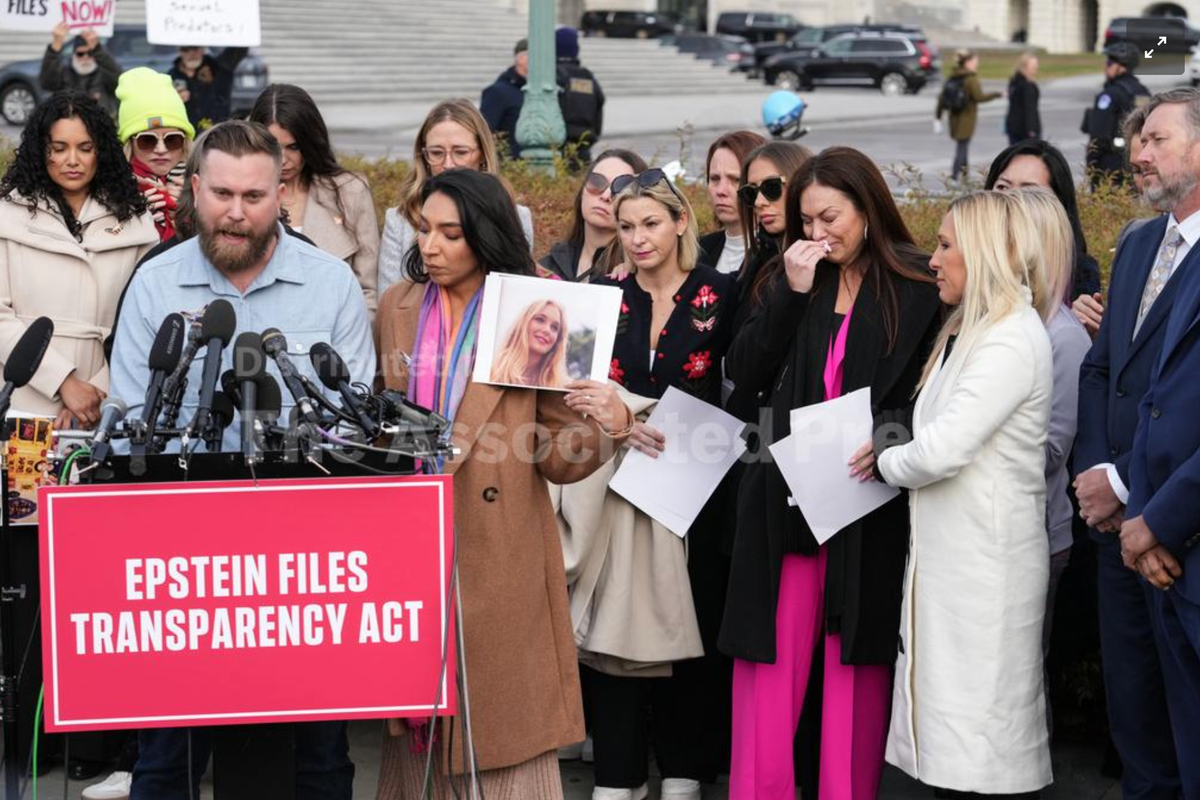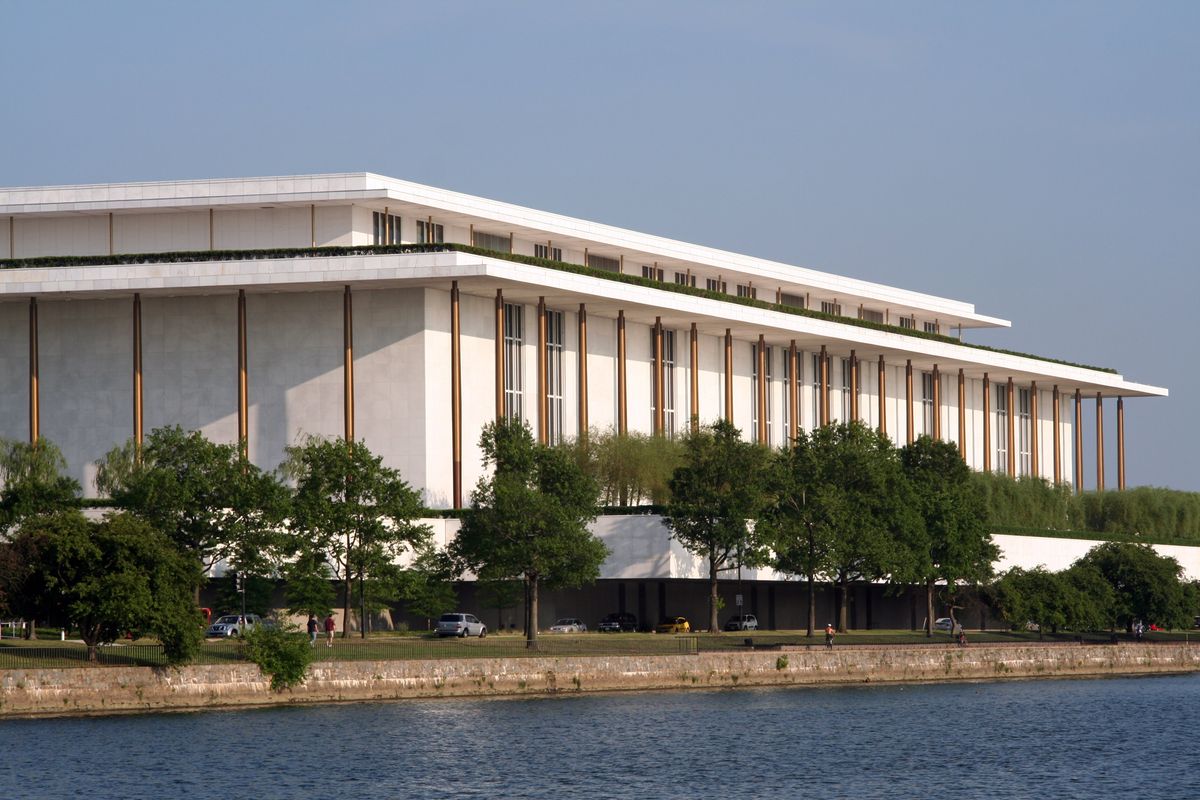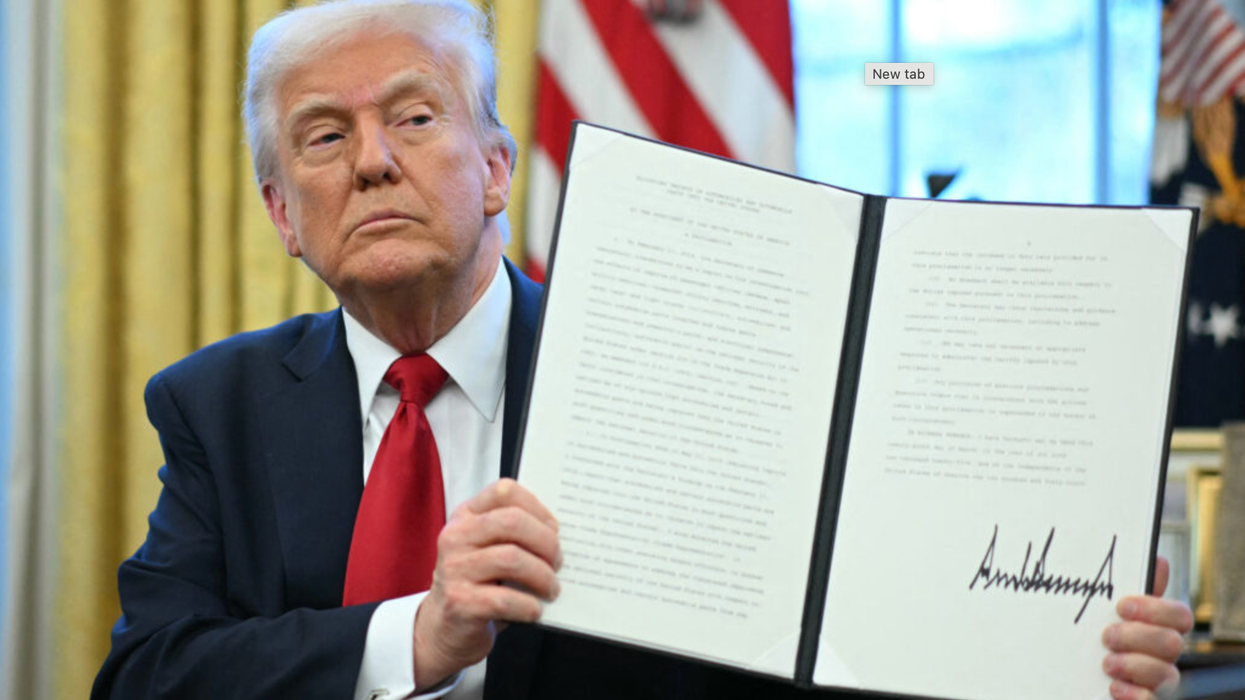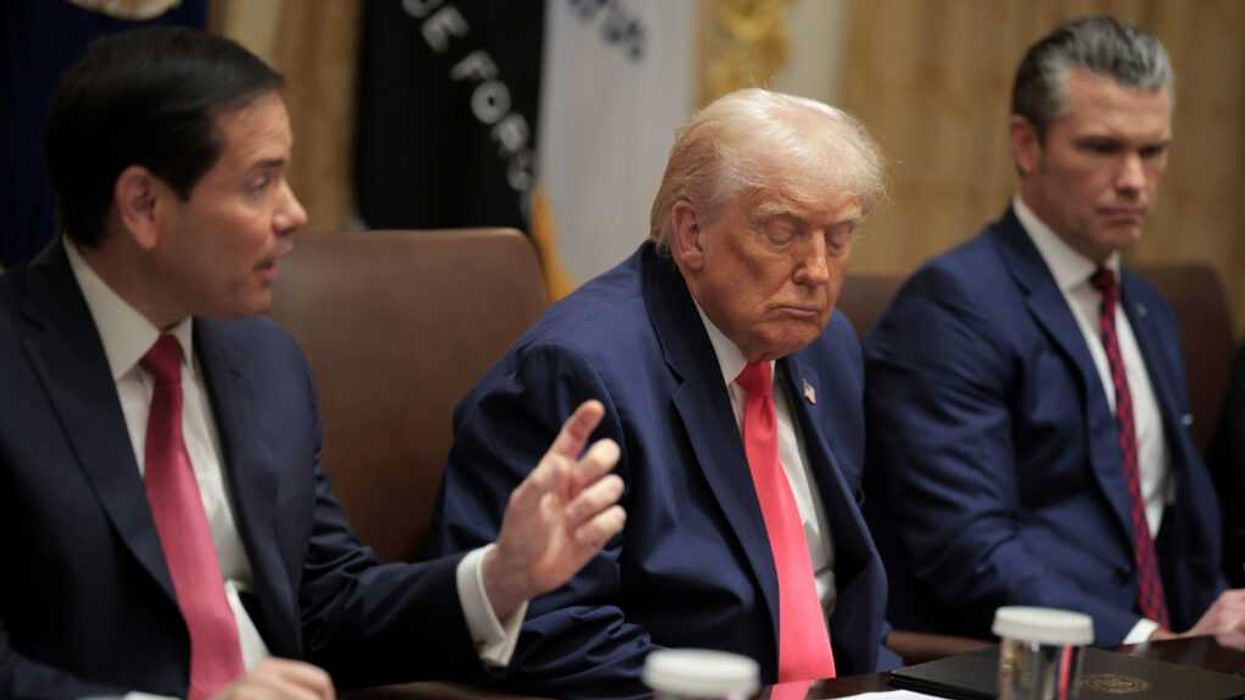Zaidane is the president and CEO of Millennial Action Project.
Millennials are sweeping into public office: From 2018 to 2020, the United States saw a 266 percent increase in young people running for Congress. In 2021, young people made history with candidates like Nadarius Clark, the youngest Democrat elected to the legislature in Virginia history, and 36-year-old Brandon Umba, a Republican elected to the New Jersey General Assembly. It’s clear from this swell of young people stepping into public service that we are not only ready to shift the political status quo, but we see ourselves as agents of change to do just that. However, to succeed, there’s one thing this generation of elected leaders is missing: professional development.
Kaplan Solutions attributes major benefits to professional development, including increased retention, confidence and credibility, easier succession planning, re-energized staff, and increased efficiency. A recent Gallup report found that 59 percent of millennials say opportunities to learn and grow are extremely important to them when applying for a job. That’s more than any other generation, and legislators are no exception. Freshman members of the House of Representatives are asking for resources that can help them navigate the modern challenges they face. Instead, as Rep. Ilhan Omar shared, “When people are giving you advice, it’s from decades ago as a freshman.”
It’s not always a question of will. In some cases, more senior legislators simply lack the skills that new legislators desperately need to learn. As Congress has become increasingly hyper-polarized, the most visible policymakers are not always the best role models for young leaders. That puts new lawmakers in a tough position: They can either learn bad behaviors from the colleagues they see around them, or they can try to learn how to be an effective policymaker without any support or resources to do so.
In a hearing held by the House Select Committee on the Modernization of Congress, freshmen asked for more robust onboarding and professional development in areas like promoting civility and respect, as well as in leadership training. The committee’s vice chair, Rep. Will Timmons, said in a joint statement with fellow committee member Mary Gay Scanlon, “We came to Congress with different backgrounds but with a similar goal, and that’s to solve problems for the American people. By improving the support, resources, and tools available to new Members of Congress, we can help the next generation of leaders get to work as soon as they set foot in our nation’s capital.” This desire for professional development doesn’t stop with young legislators. Congressional staffers reported similar needs when it comes to investing in their career growth and development. Yet instead of receiving the support they require, these aides — the majority of whom are millennials — are burning out at their jobs and quitting in just 3.1 years.
The outcome of providing more professional development is clear: Our young elected officials and their teams want training to craft and enact good policies for their constituents. The more equipped our leaders are, the more equipped we are to tackle issues important for the future. And the good news is, even though millennials may feel under-equipped for the positions they are taking on today, the tide seems to be turning when it comes to investing in the future. Millennial-run congressional offices have begun advocating for improving pay and benefits, along with securing up-to-date technology, equipment and platforms for their staff.
Millennials are now the largest generation in America, making up the majority of the American workforce, military, consumers and more. They are diving into leadership positions such as CEOs, managers, investors and even members of Congress. As millennials take the reins, our success will ripple across the organizations, industries and institutions that we lead. It’s in everyone’s best interest to make sure that the next generation of leaders has the tools, training and skills to do their jobs well. Young people have taken the first step towards changing our politics for the better. Now we need to make sure they have the resources available to get the job done.




















